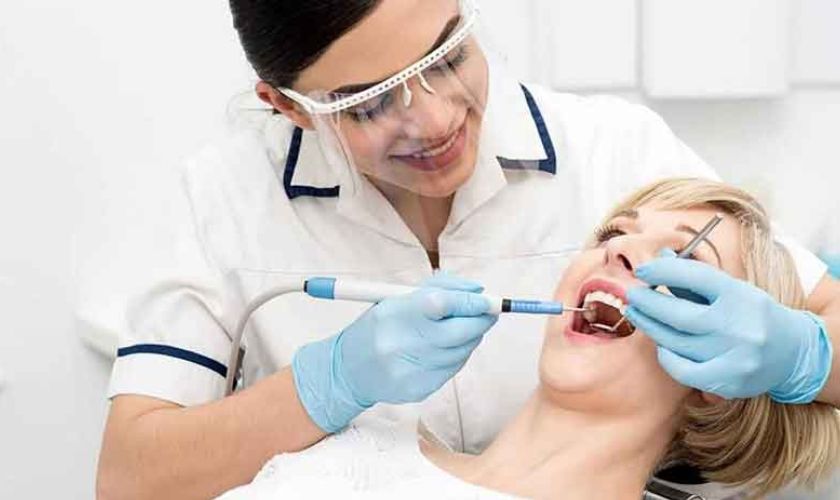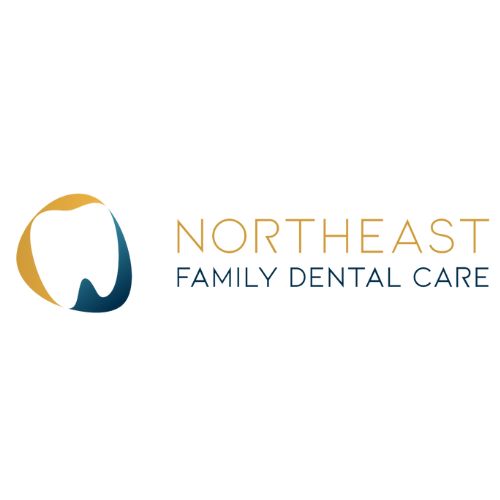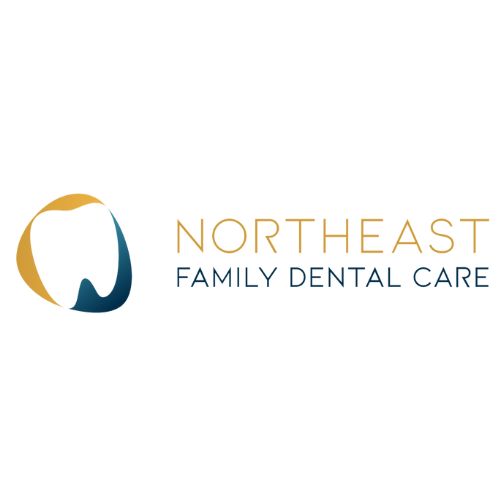Should You Brush Your Teeth After Using Whitening Strips?

Bright, white teeth are often associated with a healthy and attractive smile. That's why many people turn to whitening strips as an easy and affordable way to achieve that pearly glow. But what about brushing your teeth after using these popular oral care products? Should you do it or not? In this blog post, we'll dive into the world of whitening strips and explore whether or not brushing your teeth immediately after use is recommended. So grab your toothbrush, get comfortable, and let's find out if this dental dilemma has a clear answer!
What are Whitening Strips?
Whitening strips are thin, flexible pieces of material that are coated with a gel containing hydrogen peroxide or carbamide peroxide. These chemicals work to bleach the teeth and remove surface stains, resulting in a brighter smile. The strips are usually placed directly onto the teeth and left on for a certain amount of time, depending on the brand and strength of the product.
One of the advantages of whitening strips is their convenience. They can be easily purchased over-the-counter at your local drugstore or online, making them accessible to everyone. Plus, they offer an affordable option for those who want to whiten their teeth without breaking the bank.
How do Whitening Strips Work?
Whitening strips have become a popular option for those seeking a brighter smile. But how do these tiny strips actually work their magic? Let's take a closer look.
Whitening strips are typically made with thin, flexible plastic that is coated with a layer of hydrogen peroxide or carbamide peroxide, which are the active ingredients responsible for bleaching the teeth. When applied to the surface of the teeth, these chemicals break down into oxygen molecules that penetrate the enamel and dentin layers, targeting and removing stains.
The Potential Risks of Using Whitening Strips
Using whitening strips can be an effective way to achieve a brighter smile, but it's important to be aware of the potential risks involved. One common risk is tooth sensitivity. The chemicals in whitening strips can cause temporary sensitivity in the teeth and gums, making them more susceptible to pain or discomfort.
In addition, overuse or improper use of whitening strips can lead to enamel damage. Enamel is the protective outer layer of the teeth, and excessive use of whitening strips can weaken this layer, making your teeth more vulnerable to cavities and other dental issues.
Benefits of Brushing Your Teeth After Using Whitening Strips
Maintaining proper oral hygiene is essential for overall dental health, and brushing your teeth after using whitening strips can provide several benefits. Brushing helps to remove any residue left by the whitening strips. These strips often contain chemicals that can stick to the surface of your teeth, so brushing afterwards will ensure that all remnants are thoroughly removed.
Additionally, brushing your teeth after using whitening strips can help to prevent tooth sensitivity. While whitening strips are generally safe to use, they may cause temporary sensitivity in some individuals. To alleviate this discomfort, it is recommended to brush gently with a soft-bristled toothbrush and a sensitive toothpaste.
Tips for Maintaining Oral Health while Using Whitening Strips
Maintaining good oral health is crucial, even when you're using whitening strips to brighten your smile. Here are some simple tips to help you keep your teeth and gums in top shape while incorporating whitening strips into your routine.
First and foremost, it's essential to follow the instructions provided with your whitening strips carefully. Overusing or leaving them on for longer than recommended can lead to tooth sensitivity or gum irritation. Stick to the recommended usage time and frequency for optimal results without any unwanted side effects.
In addition to following the instructions, be mindful of your brushing technique. Use a soft-bristled toothbrush and gentle circular motions when brushing your teeth after using whitening strips. This will help remove any residual gel from the surface of your teeth while minimizing the risk of damaging enamel.
Flossing plays an equally important role in maintaining oral hygiene. Make sure to floss at least once a day, preferably before using the whitening strips. Flossing helps remove plaque and debris from between teeth, ensuring that the bleaching agents in the strips can reach all areas evenly.
Whitening Strips for a Brighter Smile
Looking for alternatives to whitening strips? Well, you're in luck because there are several options available that can help brighten your smile without the use of strips. Let's explore some of these alternatives:
1. Professional Teeth Whitening: One highly effective option is to visit your dentist in Elgin for professional teeth whitening treatment. This involves using professional-grade bleaching agents and specialized equipment to achieve noticeable results.
2. Whitening Toothpaste: Another alternative is using whitening toothpaste, which contains mild abrasives or chemicals that can help remove surface stains from your teeth over time.
3. Natural Remedies: If you prefer natural methods, you can try brushing with baking soda or applying mashed strawberries on your teeth for a few minutes before rinsing off. These natural remedies have been known to have mild whitening effects.
4. Oil Pulling: Oil pulling is an ancient Ayurvedic practice where you swish coconut oil or sesame oil in your mouth for 10-15 minutes daily. It not only helps remove toxins but also has anecdotal evidence of improving dental health and promoting a brighter smile.
5. Dental Veneers: For those looking for a more permanent solution, dental veneers can be an excellent choice. Veneers are thin shells made of porcelain or composite resin that cover the front surface of the teeth, giving them a whiter and more uniform appearance.
Remember, it's always best to consult with your dentist before trying any new whitening method or product, as they can provide personalized recommendations based on your oral health needs and goals.
After considering the various factors involved, it is clear that brushing your teeth after using whitening strips can be beneficial for maintaining oral health. By removing any excess chemicals or residue left behind by the strips, you can ensure that your teeth are clean and free from potential irritants.
However, it's important to proceed with caution and follow proper dental hygiene practices while using whitening strips. Be mindful of any potential risks such as tooth sensitivity or gum irritation. If you experience any adverse effects, it's best to consult a dentist in Elgin for guidance.
Additionally, there are alternative methods available for achieving a brighter smile. Professional teeth whitening treatments performed by a dentist offer safe and effective results without the risk of mishandling at home.


